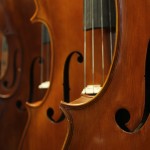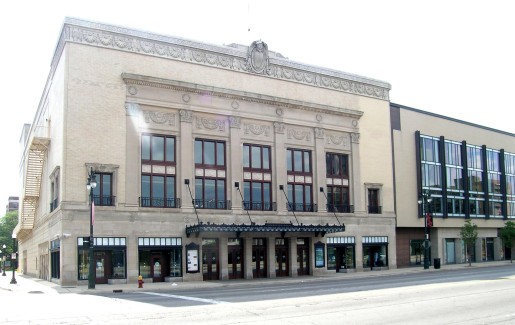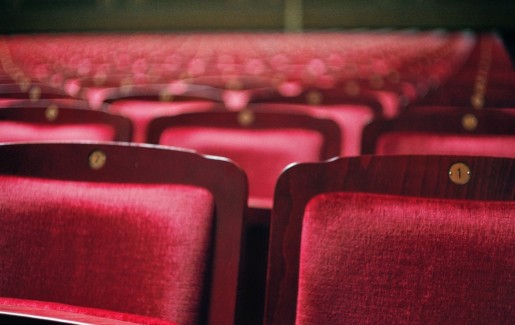The Show Did Go On: Max M. and Marjorie S. Fisher Music Center Recovers from Flood
In June 2021, metro Detroit was hit by a major storm resulting in severe flooding that inundated the city as helpless residents watched their basements fill and roadways turn to rivers. Unfortunately, the Max M. and Marjorie S. Fisher Music Center – a Detroit musical jewel – fell victim as well.
Description
In June 2021, metro Detroit was hit by a major storm resulting in severe flooding that inundated the city as helpless residents watched their basements fill and roadways turn to rivers. To make matters worse, as Mother Nature pounded the city with rain, Detroit’s pumping systems failed, creating extensive sewer backups. Unfortunately, the Max M. and Marjorie S. Fisher Music Center – a Detroit musical jewel – fell victim as well.
Issues
Centered in midtown Detroit, the Max M. and Marjorie S. Fisher Music Center has been the home to the Detroit Symphony Orchestra since 1887. This facility included a 500-seat auditorium and a 200-seat rehearsal hall. The severe rainstorm caused the Max M. and Marjorie S. Fisher Music Center to sustain Category 3 water damage, the worst classification, the day before the Detroit Symphony Orchestra’s Annual Heroes Gala.
As this catastrophic flooding event unfolded, millions in damages occurred. From the basement to the roof, the losses mounted in a building that could not be entered due to floating hazardous materials. This standing water exacerbated the rise in humidity – from a normally controlled 50% to properly maintain the extremely valuable musical instruments – to over 80%, causing extensive warping. The ruination from floor to ceiling combined with damaged musical instruments including seven concert pianos, lost season ticket sales as all performances were halted, and lost receipts from facility rentals, the claims continued to swell to more than $5 million.
The Detroit Symphony Orchestra is a nonprofit organization and could not afford for any building damage to be missed and need repair at a later date. Their limited funding required them to continue their operations.
Solutions Applied
The warping of the instruments was not immediate but occurred as the wet pianos, violins, cellos, and kettle drums began to dry. Globe Midwest™ Adjusters International engaged music instrument experts in New York City and Philadelphia and had each instrument tested by its musician, identifying damages not initially seen by the insurance company adjusters. The sensitivity of the instruments as well as their carrying cases did not allow the elimination of moisture and odor, lest additional damage could occur. Therefore, the Globe Midwest™ Adjusters International team designed and constructed a tent fitted with equipment that allowed for very slow moisture reduction and odor elimination.
Every component throughout Orchestra Hall was designed and built to evenly reflect sound throughout each area and testing was done to determine whether moisture or flood water damage had affected the sound of the played instruments. It is critical that the tone be exactly the same in the front of each performance area as it is in the back, making acoustical restoration the prime focus. Determination of the extent of damage required an extensive amount of investigation and testing.
Outcome
Thanks to the efforts of Globe Midwest™ Adjusters International to secure a fair and just settlement, the show did go on. The Detroit Symphony returned to programming for the 2022 season to the delight of their patrons and lifting the spirits of a weary city.
“We knew right away how complicated the claim was going to be. It would be a building claim, an instrument claim, and a lost income claim. We’re a nonprofit, so we have to raise about two-thirds of every dollar we spend. It was really important that we were able to handle this claim in a way that was going to allow us to replace what had been damaged.
We could not have done this without [Globe Midwest™ Adjusters International]. Thanks to their expertise in navigating a complex claim like this, we have been able to rebuild the way we need to.”






